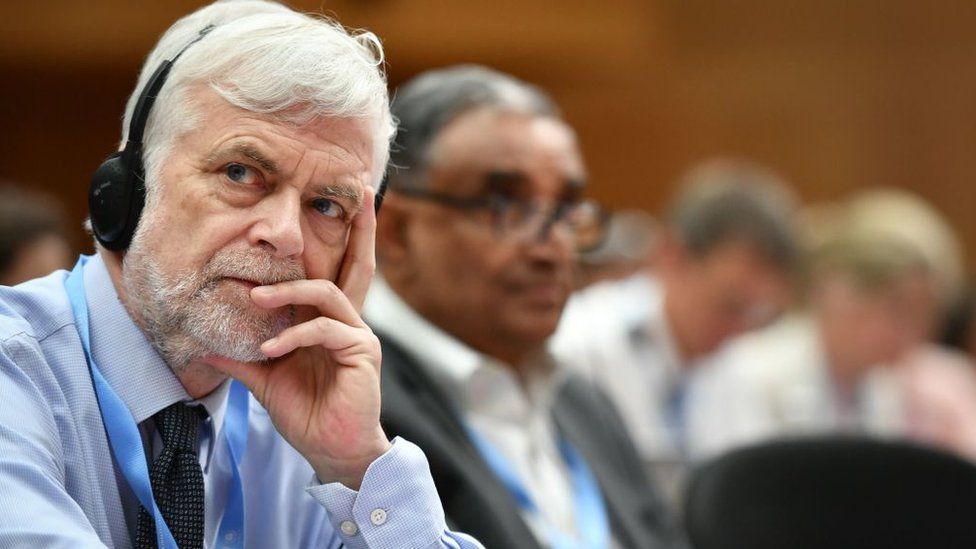Scientists working with the Intergovernmental Panel on Climate Change (IPCC) are set to consider technology solutions to the removal of CO2 from the atmosphere.
This new study will be the third of three important reports from the IPCC issued over the past eight months, with the previous two looking at the causes and impacts of climate change.
Government officials from all over the world, who will need to approve every line in the summary report which is due to be published on 4 April will be in attendance.
The latest move is expected to be one of many solutions considered over the next two weeks by the IPCC, with a specific focus on mitigation – or what we can do to stop it. This essentially means that researchers will look at what can be done to reduce the amount of warming gases that are emitted from human activities.
Read also: Climate change could cost shipping industry $25b per year
However, the IPCC co-chair says this mitigation report will look more closely at ways of removing CO2 that’s already in the atmosphere.
Reacting to the latest move, Prof Jim Skea, from Imperial College, London said “We have a lot more material, this time on carbon dioxide removal. That is, not putting carbon into the atmosphere, but getting it out again,”.
According to him, the report was scoped out to cover the full spectrum of carbon dioxide removal approaches, which vary hugely, and the carbon dioxide that is removed can end up in very different stores and in very different places.
The kind of carbon removal approaches the report will consider will likely include tree planting and agriculture, as well as the more advanced technological approaches that use large machines to remove the carbon from the air.
The scientists are also expected to look at combined approaches, where land is used to grow crops that can be burned for energy while the carbon is captured and buried.
However, the use of these types of technology is controversial, even as campaigners express doubts that they can be made to work economically and there are also concerns that technology could be seen as an excuse not to make the major changes in energy production that are needed.
Story was adapted from BBC.
